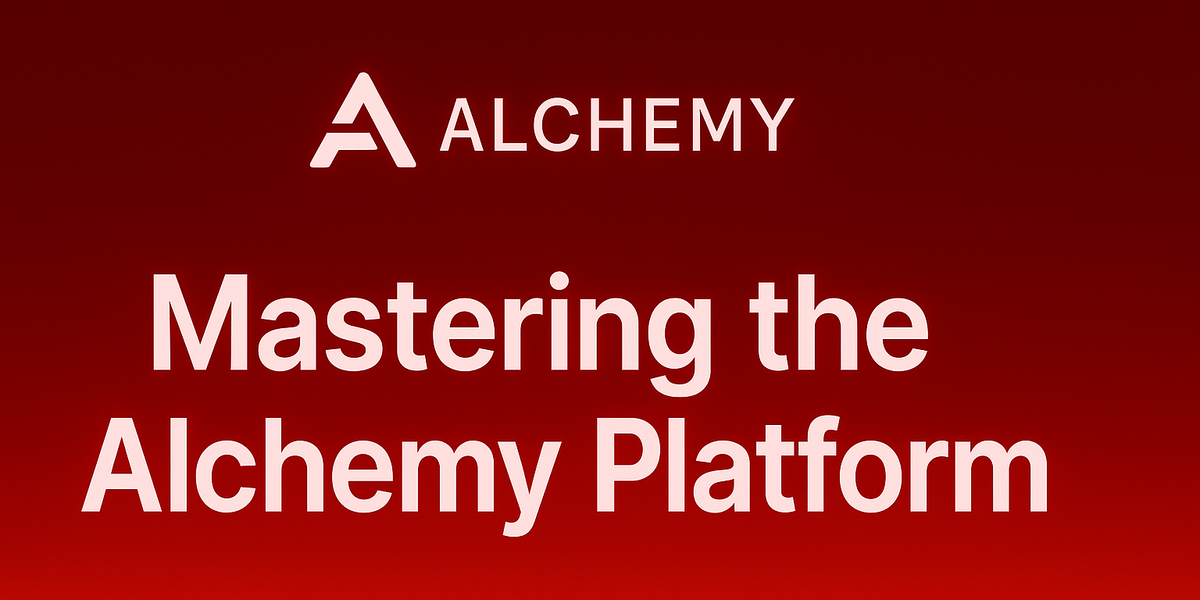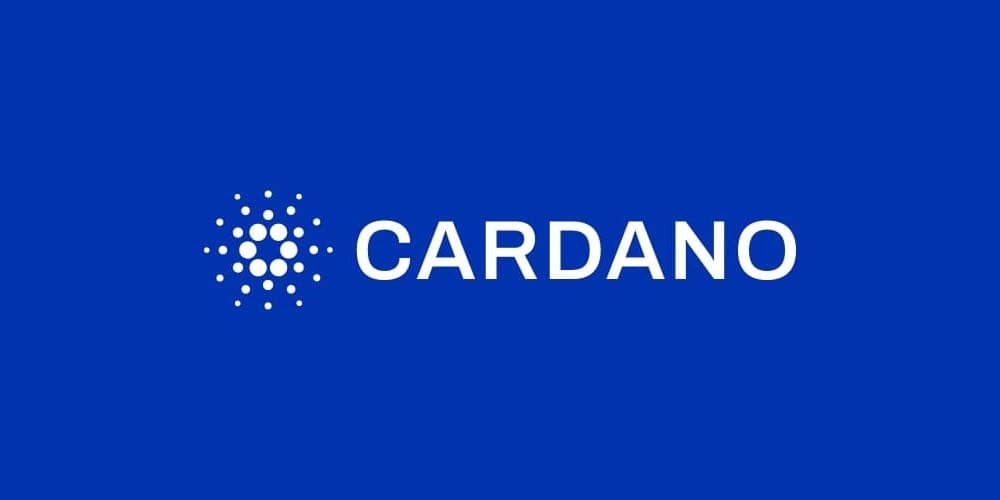Helium, known as "The People's Network," is a decentralized wireless infrastructure that enables low-power Internet of Things (IoT) devices to connect and transmit data over a vast network of independently operated hotspots. Founded in 2013 by Amir Haleem, Shawn Fanning, and Sean Carey, Helium aims to revolutionize wireless connectivity by leveraging blockchain technology to create a community-driven, cost-effective, and secure network.
Project Overview
Helium addresses the limitations of traditional wireless networks by providing extensive coverage and affordability for IoT devices. The network comprises user-deployed hotspots that serve dual purposes: they act as wireless access points for IoT devices and as miners that earn Helium's native cryptocurrency, HNT, through a unique consensus mechanism called Proof-of-Coverage. This approach incentivizes individuals and businesses to contribute to network expansion while maintaining decentralization and security.
Tokenomics
Helium's native token, HNT, plays a central role in the network's economy:
- Earning HNT: Hotspot operators earn HNT by providing network coverage and validating transactions through Proof-of-Coverage challenges.
- Data Credits (DCs): To send data over the network, devices use DCs, which are non-transferable utility tokens pegged to the U.S. dollar. DCs are generated by burning HNT, creating a deflationary model that aligns network usage with token supply.
- Token Supply: HNT has a max supply of 223 million tokens, with a halving event every two years to control inflation and encourage long-term network participation.
Underlying Technology
Helium's innovative technology stack includes:
- Proof-of-Coverage (PoC): A novel consensus algorithm that verifies the legitimacy and quality of network coverage provided by hotspots. PoC uses radio frequency signals to confirm that hotspots are accurately representing their location and coverage capabilities.
- LongFi: A wireless protocol that combines LoRaWAN (Long Range Wide Area Network) with Helium's blockchain, enabling low-power devices to communicate over long distances with minimal energy consumption.
- Helium Blockchain: A purpose-built, open-source blockchain that records transactions, manages token economics, and ensures network security and transparency.
Investors and Funding
Helium has attracted significant investment from prominent venture capital firms:
- 2014: Raised $16 million in Series A funding led by Khosla Ventures and FirstMark Capital.
- 2019: Secured $15 million in Series C funding from Union Square Ventures, Multicoin Capital, and others.
- 2021: Announced a $111 million token sale led by Andreessen Horowitz to accelerate network expansion and support new applications.
Development Status
Since its launch, Helium has achieved significant milestones:
- Network Growth: As of 2023, the Helium Network boasts over 1 million active hotspots worldwide, providing extensive coverage across urban and rural areas.
- 5G Expansion: Introduced Helium 5G, enabling user-deployed 5G hotspots to offer cellular coverage and earn HNT, expanding the network's capabilities beyond IoT.
- Ecosystem Partnerships: Collaborated with various companies to integrate Helium's network into their IoT solutions, enhancing applications in agriculture, logistics, environmental monitoring, and more.
Potential and Future Prospects
Helium's decentralized model presents numerous advantages:
- Cost-Effectiveness: By eliminating traditional infrastructure costs, Helium offers affordable connectivity solutions for IoT devices, fostering innovation across industries.
- Scalability: The community-driven deployment of hotspots enables rapid network expansion, adapting to growing demand and diverse use cases.
- Security and Privacy: Helium's blockchain ensures secure data transmission and user privacy, addressing concerns associated with centralized networks.
Looking ahead, Helium plans to:
- Enhance Network Capabilities: Continue developing Helium 5G and explore additional wireless protocols to support a broader range of devices and applications.
- Global Expansion: Encourage hotspot deployment in underserved regions, promoting global connectivity and digital inclusion.
- Ecosystem Development: Foster partnerships and support developers to create innovative solutions leveraging the Helium Network.
References
- "Helium – Introducing The People's Network" – Helium: https://www.helium.com/
- "Helium Documentation" – Helium: https://docs.helium.com/
- "Helium Token Economics" – Helium: https://www.helium.com/token
- "Helium 5G" – Helium: https://www.helium.com/5g
- "Helium Raises $111M to Build Decentralized 5G Network" – CoinDesk: https://www.coindesk.com/business/2021/08/10/helium-raises-111m-to-build-decentralized-5g-network/
- "Helium Network Surpasses 1 Million Hotspots" – Helium Blog: https://blog.helium.com/helium-network-surpasses-1-million-hotspots-4b8a1a2e0f09





Comments